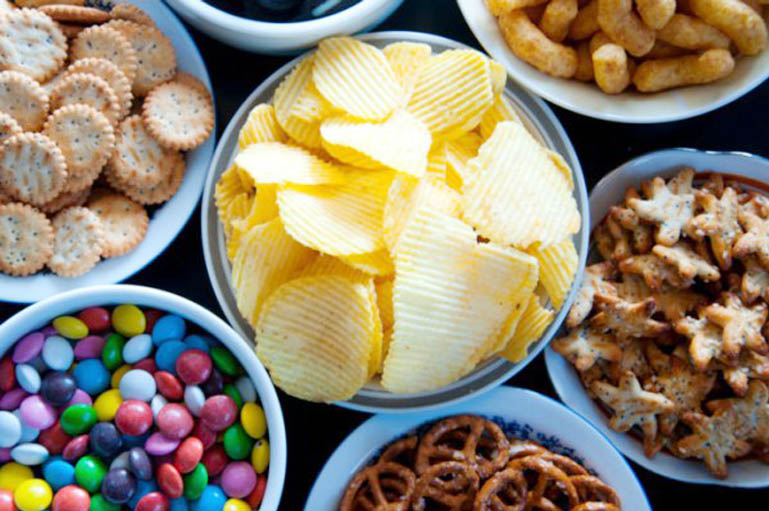
Life desk :
Late-night meals may interfere with your memory, a new study has warned.
The study in mice found that eating during times of day when one would normally be sleeping impaired the animals’ memory for objects they had seen, even when the rats got the same amount of sleep as mice on a normal eating and sleeping schedule.
Study co-author Christopher Colwell, of the University of California, Los Angeles, and a team of researchers acclimatised mice to a normal sleep schedule, sleeping during the day. Mice are nocturnal, so they are normally awake at night and asleep during the day. Then, the researchers allowed some of the animals to eat only during the time they were typically asleep, while allowing others to eat when the animals would normally be awake, ‘LiveScience’ reported.
The mice on the misaligned eating schedule had shifted sleep times, but they still slept for the same total amount of time, ate the same amount of food and weighed the same as the mice that ate at normal times, Colwell said.
The researchers then tested the mice’s memory. In one experiment, they put the mice in a box with two different objects, and allowed them to explore. Then, after putting the animals on different feeding schedules, the researchers placed them in the box with one of the familiar objects and one new object, and measured how long the mice spent exploring each one.
Compared with the mice on the aligned eating schedule, the misaligned mice showed a significant decline in memory.
The animals on the altered feeding and sleep schedule spent more time exploring the familiar object, suggesting they didn’t remember encountering the object before
In a second experiment, the researchers conditioned both groups of mice to feel fear in a certain location, and later put them back in that location to see if they showed fear.
The mice on the shifted eating schedule froze less often in the fearful situation than their normal-schedule peers, suggesting the odd eating and sleeping schedule affected the animals’ memory of scary situations.
The researchers also found that the mice that ate during normal sleeping periods learned less quickly than the mice that ate at normal times.
The study was presented at the annual meeting of the Society for Neuroscience in Washington, DC.
-Times of India
Late-night meals may interfere with your memory, a new study has warned.
The study in mice found that eating during times of day when one would normally be sleeping impaired the animals’ memory for objects they had seen, even when the rats got the same amount of sleep as mice on a normal eating and sleeping schedule.
Study co-author Christopher Colwell, of the University of California, Los Angeles, and a team of researchers acclimatised mice to a normal sleep schedule, sleeping during the day. Mice are nocturnal, so they are normally awake at night and asleep during the day. Then, the researchers allowed some of the animals to eat only during the time they were typically asleep, while allowing others to eat when the animals would normally be awake, ‘LiveScience’ reported.
The mice on the misaligned eating schedule had shifted sleep times, but they still slept for the same total amount of time, ate the same amount of food and weighed the same as the mice that ate at normal times, Colwell said.
The researchers then tested the mice’s memory. In one experiment, they put the mice in a box with two different objects, and allowed them to explore. Then, after putting the animals on different feeding schedules, the researchers placed them in the box with one of the familiar objects and one new object, and measured how long the mice spent exploring each one.
Compared with the mice on the aligned eating schedule, the misaligned mice showed a significant decline in memory.
The animals on the altered feeding and sleep schedule spent more time exploring the familiar object, suggesting they didn’t remember encountering the object before
In a second experiment, the researchers conditioned both groups of mice to feel fear in a certain location, and later put them back in that location to see if they showed fear.
The mice on the shifted eating schedule froze less often in the fearful situation than their normal-schedule peers, suggesting the odd eating and sleeping schedule affected the animals’ memory of scary situations.
The researchers also found that the mice that ate during normal sleeping periods learned less quickly than the mice that ate at normal times.
The study was presented at the annual meeting of the Society for Neuroscience in Washington, DC.
-Times of India

